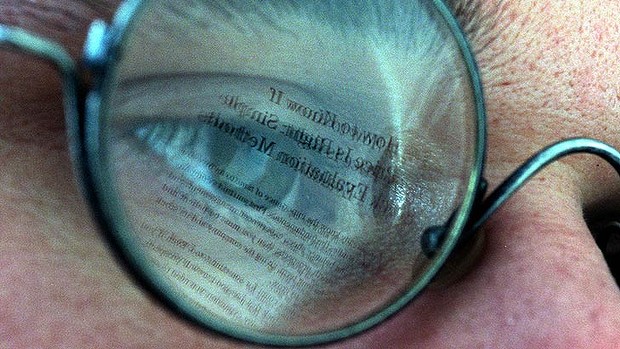Australia: Harper review recommends scrutiny of trade agreement IP clauses

Computerworld | 22 September, 2014
Harper review recommends scrutiny of trade agreement IP clauses
Intellectual property provisions in free trade agreements should be subjected to a cost-benefit analysis, draft report states.
Rohan Pearce (Computerworld)
The panel conducting a review of Australia competition policy landscape has recommended increased scrutiny of intellectual property-related clauses in trade agreements.
"Independent and transparent analysis of the costs and benefits to Australia of any proposed IP provisions in trade negotiations should be undertaken to inform international trade negotiations," states the Competition Policy Review’s the draft report, released today.
The panel is chaired by Professor Ian Harper.
A number of existing and prospective trade agreements involving Australia, such as the Trans-Pacific Partnership Agreement, have caused concern among advocates for copyright reform because of the potential tightening of the country’s IP regime.
For example the Korea-Australia Free Trade Agreement could grant "super powers" to intellectual property owners, according to IP expert Dr Matthew Rimmer, an associate professor at the ANU College of Law and an Australian Research Council Future Fellow.
The federal government has also argued that a raft of proposed changes to copyright enforcement are in part necessary because of a number of international trade agreements Australia is party to.
Those changes include increasing the obligations for Internet service providers to police online copyright infringement by their customers.
"Australia is obliged under its free trade agreements with the United States, Singapore and Korea (not yet ratified) to provide a legal incentive to ISPs to cooperate with rights holders to prevent infringement on their systems and networks," argued a copyright discussion paper issued earlier this year by the government.
"As a net importer of IP, and likely to remain so, our ability to access IP protected by rights granted in other countries will be important to ensure that Australia can reap the benefits of the digital economy," the Harper panel’s draft report states.
"That said, it is also important that commitments regarding the extent of IP protection in Australia are based on the best interests of Australians and these should be established through an independent cost-benefit analysis. "
Productivity Commission research "suggests that Australia has likely incurred net costs from the inclusion of some IP provisions in trade agreements, pointing to analysis of extensions in the duration of copyright protection required by the Australia-United States Free Trade Agreement which imposed net costs on Australia through increased royalty payments," the draft report states.
The Productivity Commission research report (PDF) released in 2010 and cited in the competition review draft report argued that "Australia should not generally seek to include IP provisions in further BRTAs [bilateral and regional trade agreements], and that any IP provisions that are proposed for a particular agreement should only be included after an economic assessment of the impacts, including on consumers, in Australia and partner countries."
The Harper panel recommended that a body such as the Productivity Commission conduct an independent "overarching" review of intellectual property with a "focus on competition policy issues in intellectual property arising from new developments in technology and markets".
"The review should also assess the principles and processes followed by the Australian Government when establishing negotiating mandates to incorporate intellectual property provisions in international trade agreements," the draft report states.
"Trade negotiations should be informed by an independent and transparent analysis of the costs and benefits to Australia of any proposed IP provisions. Such an analysis should be undertaken and published before negotiations are concluded."
Follow Rohan on Twitter: @rohan_p





